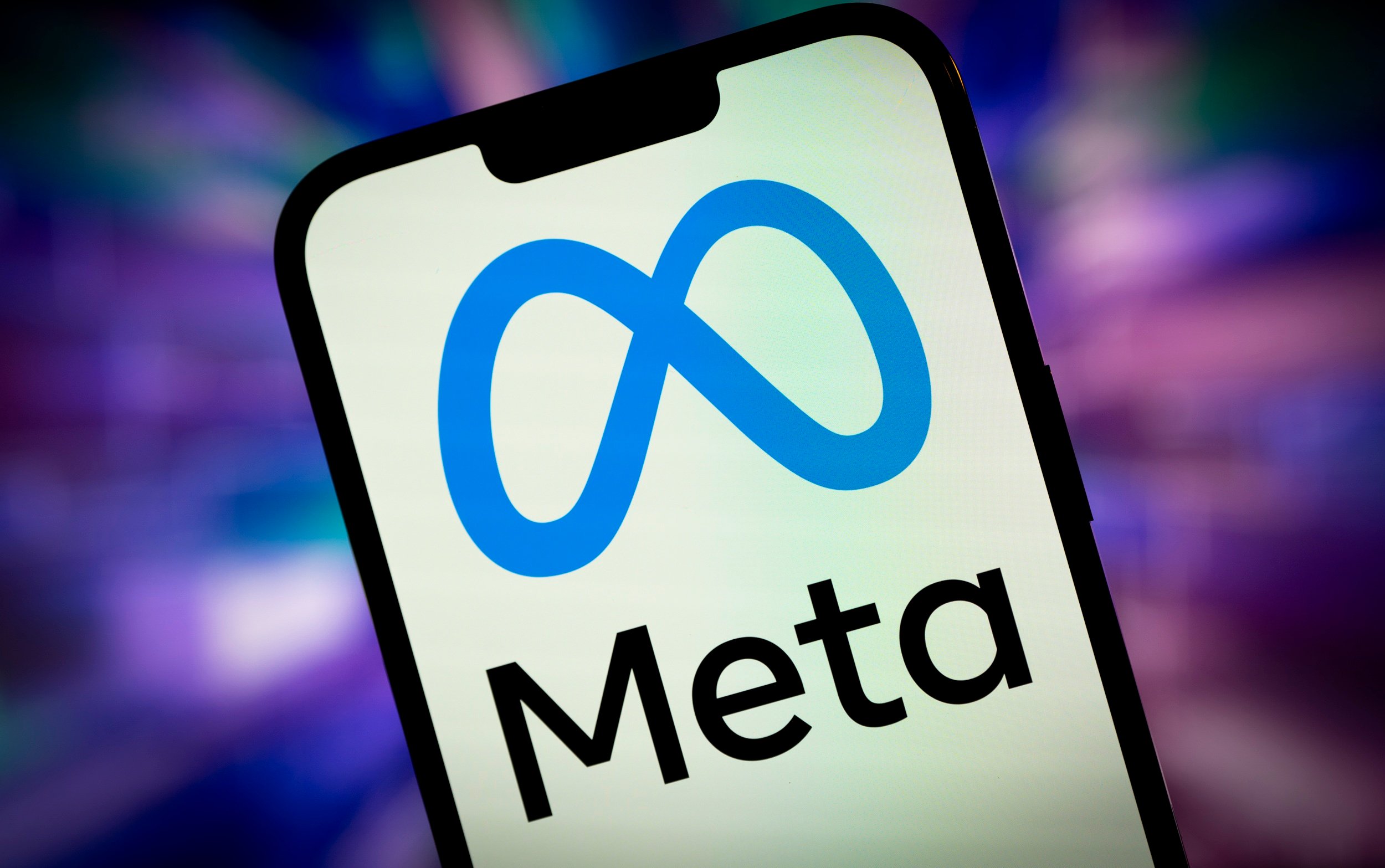What should have been a stellar week turned sour on Friday as Facebook (FB +10.71%) shares shed 5.2%. Facebook CEO Mark Zuckerberg and team must be asking themselves, "What does a rapidly growing tech company that blows away even the highest of expectations have to do to get some respect around here?"
The day before Facebook announced Q1 earnings on April 23, its stock closed at $63.03 a share. After sharing what turned out to be an outstanding quarter by most any measure, Facebook shareholders have watched its stock steadily decline, topped off by Friday's major sell-off. And based on early trading, it appears the negative sentiment has carried over to this week, too. Which begs the question: What gives?
Too much of a good thing?
It's no secret that Facebook has been on a buying spree of late, and that continued last week when it wrote yet another check, this time for motion-tracking app Moves. Moves refers to itself as an "all-day activity diary for smartphones," and with four million Android and iPhone downloads to its credit in just two years of existence, the deal gives Facebook an immediate presence in the fast-growing wearables market.
The market's reaction to the Moves transaction? The aforementioned 5.2% drop in share price. Financial terms of the deal weren't disclosed, but regardless of what Facebook ended up paying for Moves, clearly investors weren't impressed. After dropping $19 billion for mobile messenger WhatsApp, another $2 billion for virtual reality manufacturer Oculus, and then doling out $20 million for drone maker Ascenta -- all in the past month -- Facebook shareholders have apparently seen enough.
Perhaps investors' consternation is over concerns that Facebook is trying to become Google (GOOG +0.71%) (GOOGL +0.71%), rather than pass it as the No. 1 online advertising option. When Google bought its own drone manufacturer to bring the Internet to underserved markets, that was just Google being Google. After all, the search giant has dipped its toes into bringing broadband Internet access to users via TV whitespace, launched out-of-this-world looking balloons as part of its Project Loon initiative, and developed self-driving cars, to name but a few recent innovations.
There's a reason Google is considered by many to be the king of innovation: because it is. Facebook, despite its outstanding financials quarter in, and quarter out, simply isn't viewed by the market the same as Google. Considering each of Facebook's recent acquisitions come with considerable monetization questions -- WhatsApp comes to mind -- or fall outside its traditional wheelhouse, it's easy to see why shareholders are feeling a bit uneasy.
Is it Sandberg's fault?
News that Facebook COO and former Google exec Sheryl Sandberg sold 283,334 shares of stock late last week didn't help its share price much, either. When insiders sell, shareholders are naturally concerned, particularly when the insider selling is as widely respected as Sandberg. The fact that Sandberg sold approximately $17.25 million worth of Facebook stock could also be worrisome; though it shouldn't be. After her recent sale, Sandberg still holds over 8.7 million Facebook shares. Needless to say, she's still vested in Facebook's success.
Final Foolish thoughts
If Facebook's recent stock price slide isn't due to Sandberg's insider selling, that brings us back to square one: Is Facebook taking on too much, too soon in an effort to become the next Google? As a longtime Facebook bull, I still believe its outstanding financials and rocketlike growth warrant investor optimism. But it's time for Zuckerberg to rein it in. Facebook isn't Google, and it shouldn't try to be. Unless, of course, Facebook is focused on stealing digital advertising market share from its chief rival.
As for the mammoth WhatsApp acquisition, delving into virtual reality, and launching drones? Enough already. Let Google make self-driving cars; it's time Facebook gets back to being Facebook.








